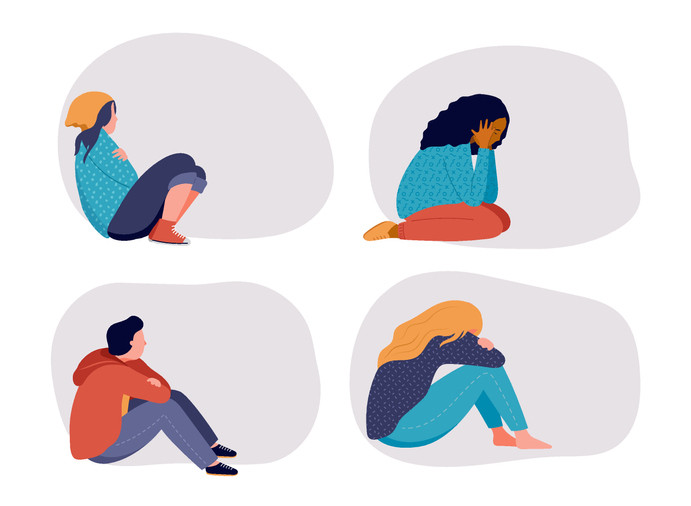Parnian Esmaeilishayeh (12) | STAFF REPORTER
We all want control over our health and body, especially when it comes to making decisions. Informed consent refers to the process in which a healthcare provider informs patients about a procedure and its potential risks, allowing them to decide whether to consent to or refuse the treatment. This is essential as it allows the patient to have autonomy regarding decisions, particularly ones as impactful as medical treatment. Although informed consent is a fundamental right, challenges like emergency situations, psychological barriers, or low comprehension of patients can make it impractical and life-threatening.
Informed consent became law in the 1980s by the Supreme Court of Canada. This legal requirement includes ensuring patients know their current condition, treatment options, risks, and benefits. After receiving this information, patients have the right to refuse or consent to the treatment. This law allows the patient to have complete control over what treatment they receive.
In emergency situations, like if a patient is unconscious after a car accident and is experiencing a heart attack, a delayed response can create a consequential difference. Therefore, there is no time or sense in waiting for the patient to wake up to explain the procedure. In this case, medical professionals must prioritize saving the patient over consent. This creates an ethical dilemma between saving lives and respecting autonomy.
Psychological barriers, including mental illnesses and disorders, further complicate informed consent. Patients with mental health conditions like schizophrenia, depression, or dementia can find it challenging to make rational decisions or to understand the medical risks. In these cases, how valid and reliable can healthcare workers consider their responses? While providing autonomy is crucial, allowing someone who is not in a stable mental space to compromise their health prompts the question of whether informed consent is genuinely beneficial.
Not all individuals share the same understanding of medical information as health professionals. Medical information is complex and challenging to explain to patients, who may struggle to grasp the treatment process. If the patient does not understand the process, benefits, and risks, an “informed” consent would be unattainable. In this case, it can be considered that an experienced medical professional, who treats patients daily, can make a more informed and beneficial decision.
These challenges make it questionable if informed consent can be upheld and what to do when it can not. Legal guardians, family members, or doctors may take control of these cases. However, the decisions made by other individuals may not reflect what the patient would have wanted. For example, an elderly patient in a coma may not want to be placed on life support, but it may be challenging for their children to make that call due to the emotional strength that is required to do so. In this case, the patient would lose the opportunity to make their own decisions.
These conflicting factors make informed consent and medical decision-making very complex. Ways to provide a solution would be to create a balance between respecting patient autonomy and recognizing limitations. In emergency situations, the patient comes first, and medical professionals must ensure the patient lives to advise them on decisions once they are conscious. Additionally, legal documents, like living wills, can be made to inform doctors if a patient has very strong feelings towards some treatments. For patients with psychological barriers, if it is evaluated that the patient can not make rational decisions, assistance from a legal guardian and the ethics board can help determine the treatment that best aligns with the patient’s interest. In the case of lack of comprehension, advancing patient education ensures they fully understand the medical situation at hand, preventing uninformed or impulsive decisions.
The debate about the practicality of informed consent has been going on for many years within the medical field. Informed consent is vital for decisions that discuss one’s health and alter one’s life for years. Frequently, obtaining direct consent is not feasible. In such cases, reaching out to legal guardians, referring to legal documents, or consulting an ethics board can help ensure that the treatment matches the patient’s wishes, upholding the patient’s rights and dignity. As medicine continues to evolve, the ethics and respect for the patient must evolve, too, and these small steps can have a remarkable impact.
Works Cited
Huatuco, Palacios. “Informed Consent – StatPearls.” NCBI, https://www.ncbi.nlm.nih.gov/books/NBK430827/. Accessed 30 January 2025.
McNally, William E. “AN OVERVIEW OF THE LAW REGARDING INFORMED CONSENT.” Bottom Line Research, https://bottomlineresearch.ca/pdf/informed_consent.pdf. Accessed 30 January 2025.



